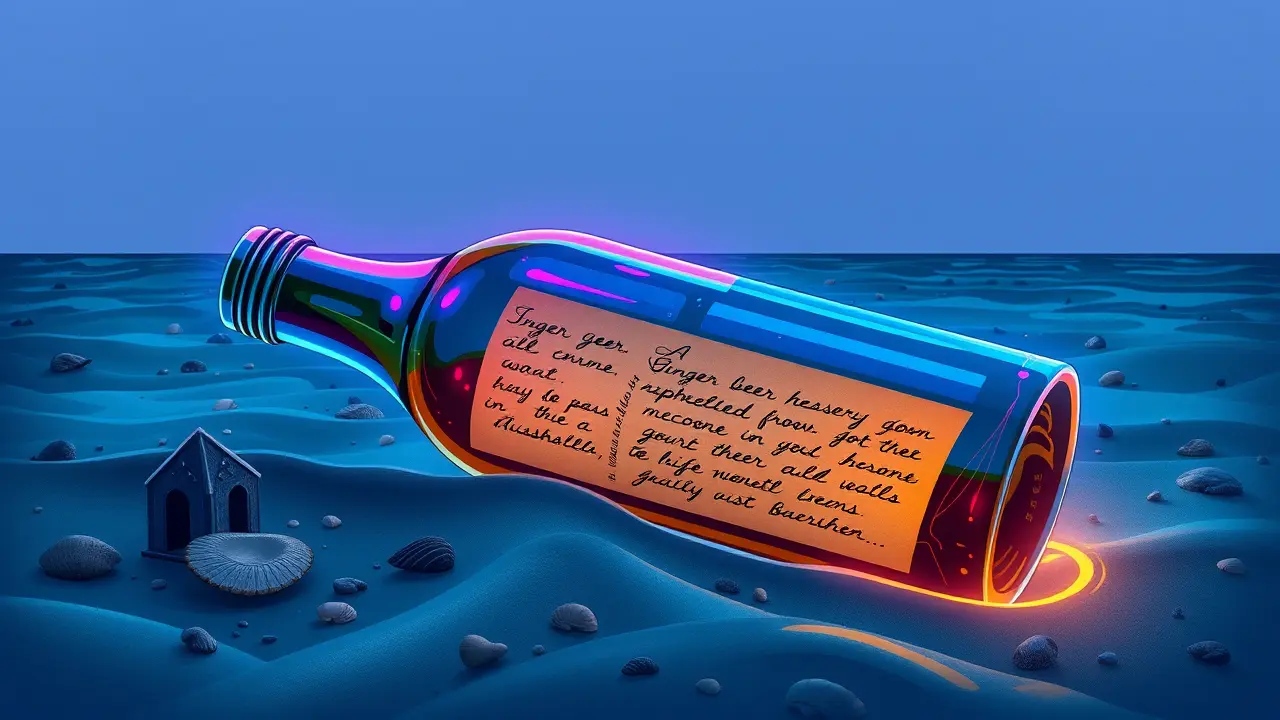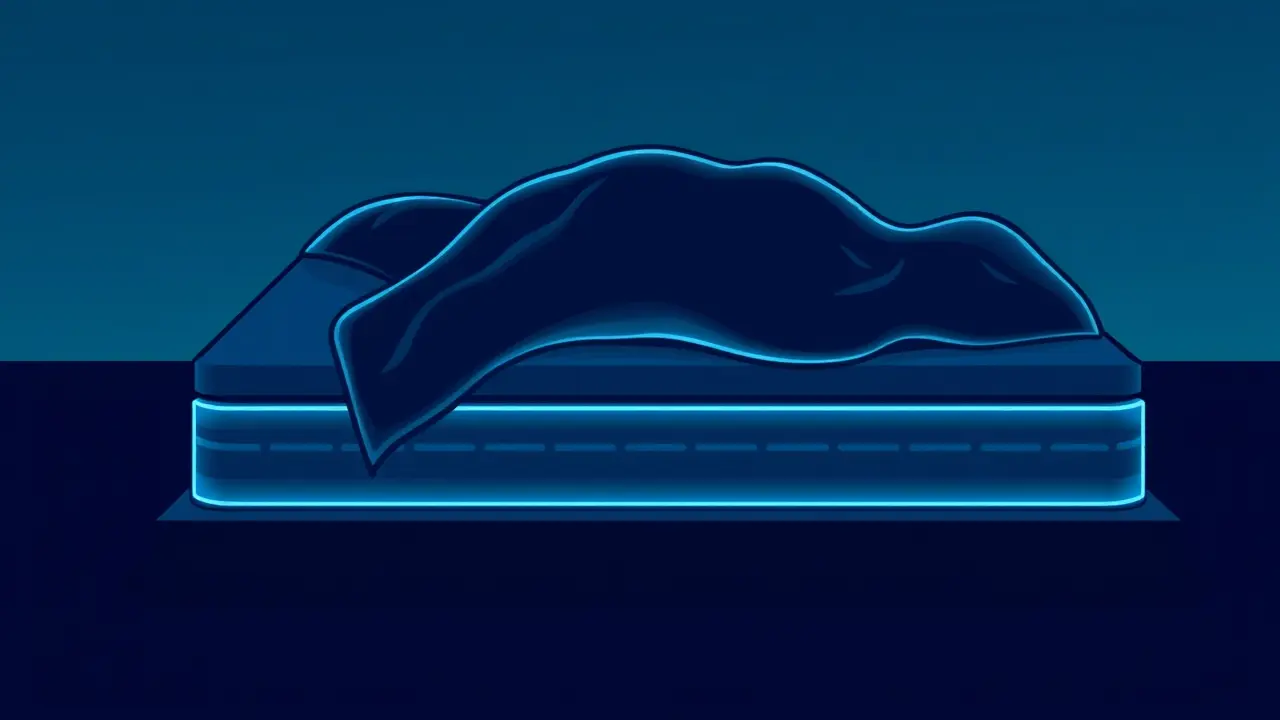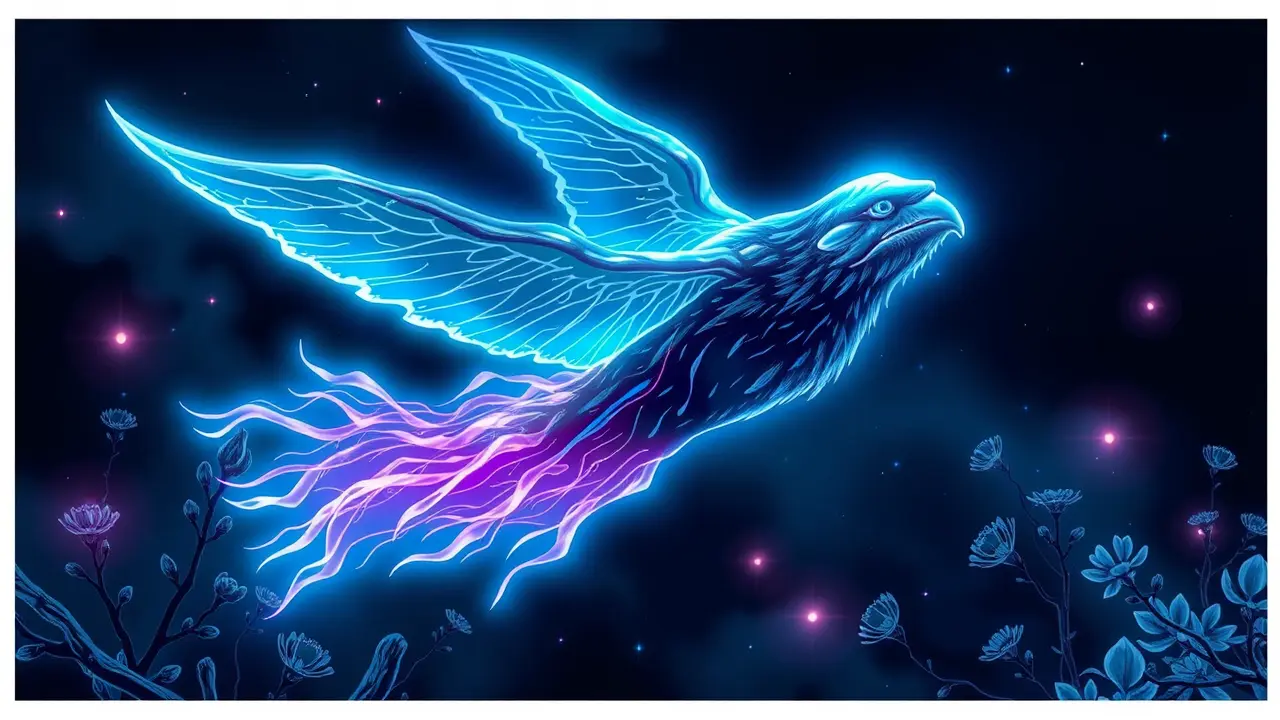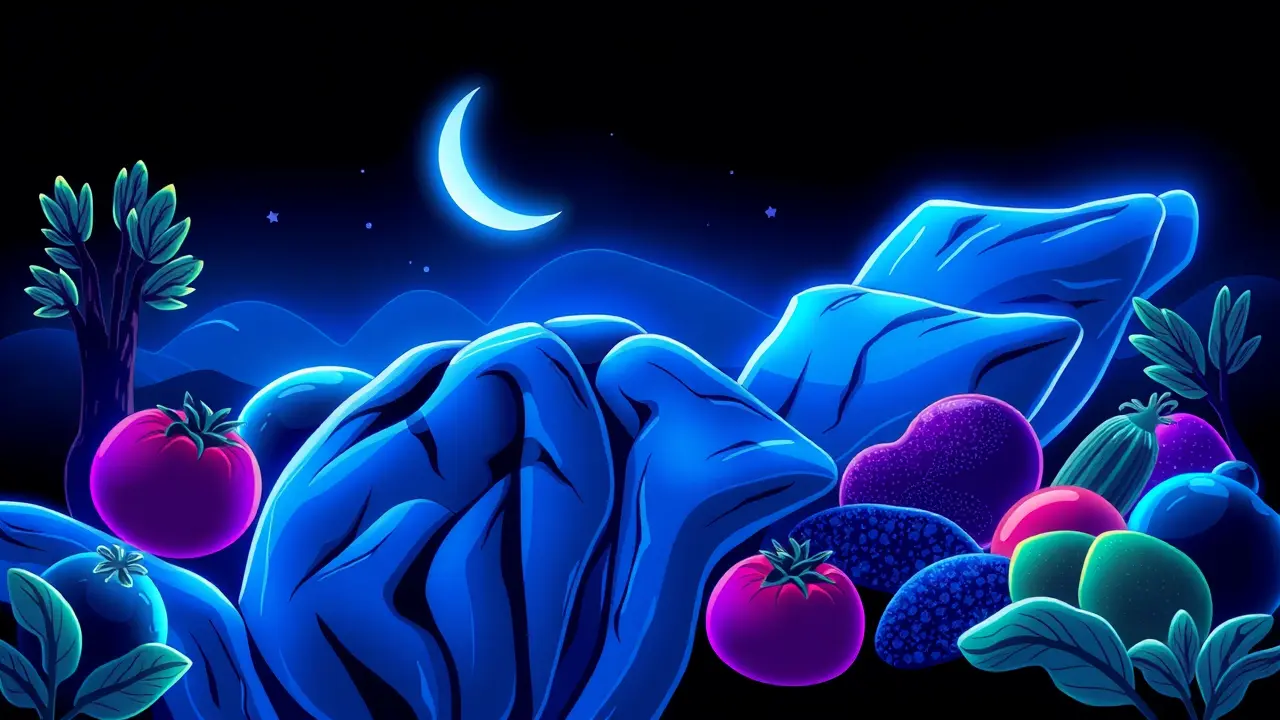
Sciencearchaeology
WWI Soldiers' Messages Found in Bottle After Century.
LA
Laura Bennett
5 days ago7 min read
More than a century after two Australian soldiers, Private John Hunter and Sergeant Ernest Wills, sealed their hastily scribbled messages into an empty ginger beer bottle during the tumultuous early weeks of their voyage to the Western Front in 1916, the sea has finally surrendered its secret, washing the artifact ashore on a quiet beach in South Australia where a local walker, Mrs. Annette Price, discovered it nestled among seaweed and shells, the glass clouded but miraculously intact.This wasn't a dramatic tale of shipwreck or a castaway's plea, but something far more profoundly human: simple, mundane notes intended for a wife and a mother back home, a fleeting connection to a world they were being rapidly torn from, a world where the scent of eucalyptus and the sound of kookaburras were being replaced by the grim anticipation of trench warfare in France. One can almost picture the scene aboard the troopship, the air thick with a mixture of bravado and barely concealed fear, the rolling waves a constant reminder of their displacement, and in a quiet moment, these two men, their identities now restored to us, choosing this whimsical, almost boyish method—a message in a bottle—as their tether to normality, a small act of defiance against the immense, impersonal machinery of a global war.The emotional weight of this discovery lies not in grand historical narrative, but in its intimate scale; it forces us to contemplate the millions of similar, unrecorded moments of vulnerability, the countless private thoughts and unspoken goodbyes that were swallowed by the conflict, making these two recovered slips of paper stand as powerful proxies for a collective, silent grief. For Mrs.Price, the finder, it was initially a curious trinket, but as historians at the Australian War Memorial carefully unsealed the bottle and deciphered the fading pencil marks, the personal details emerged, launching a genealogical quest that successfully located the soldiers' grandchildren, now in their seventies, who spoke of family lore that had always mentioned a 'lost letter from the sea,' a story passed down but never fully believed until now, closing a poignant loop across six generations. This bottle’s journey, buffeted by currents for 108 years, mirrors the erratic path of memory itself—sometimes submerged, sometimes forgotten, but occasionally, miraculously, returned to the light, offering a tangible, heartbreaking link to individuals who were about to step into the cataclysm of the Somme, a battle that would claim tens of thousands of ANZAC lives. It raises haunting questions about chance and fate; why did this one bottle survive when countless others doubtless sank or shattered? What does it mean for us, a century removed, to intercept a message never meant for our eyes, to become unintended recipients of a personal testament from a world long gone? This isn't just an archaeological artifact; it is a psychological relic, a silent conversation between past and present that reminds us that history is, at its core, the sum of innumerable human stories, most of which are lost forever, making the rare, recovered whispers, like those of Private Hunter and Sergeant Wills, all the more sacred and resonant.
#World War I
#Australian soldiers
#message in a bottle
#historical discovery
#archaeology
#lead focus news
Stay Informed. Act Smarter.
Get weekly highlights, major headlines, and expert insights — then put your knowledge to work in our live prediction markets.
Related News
© 2025 Outpoll Service LTD. All rights reserved.












